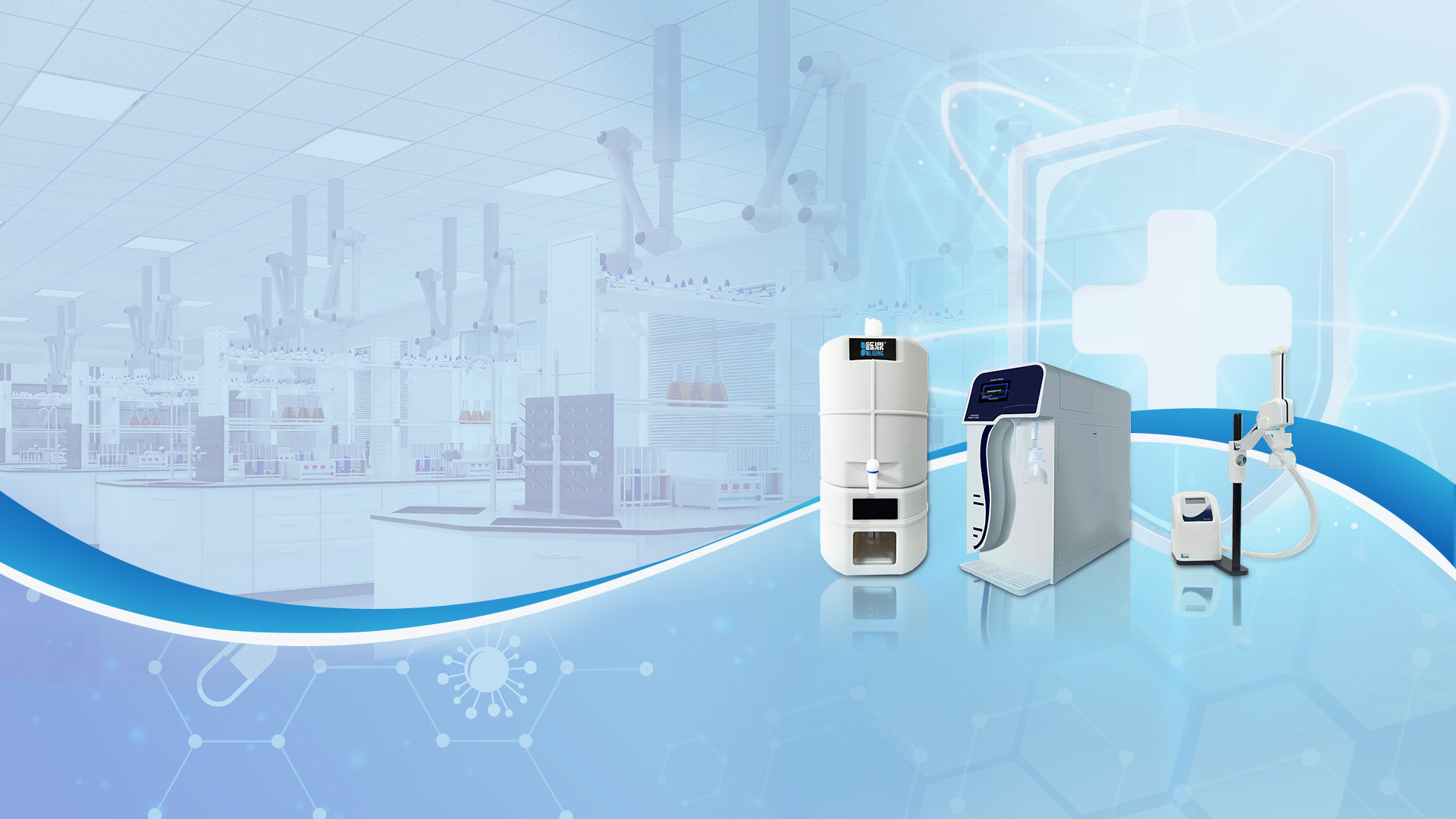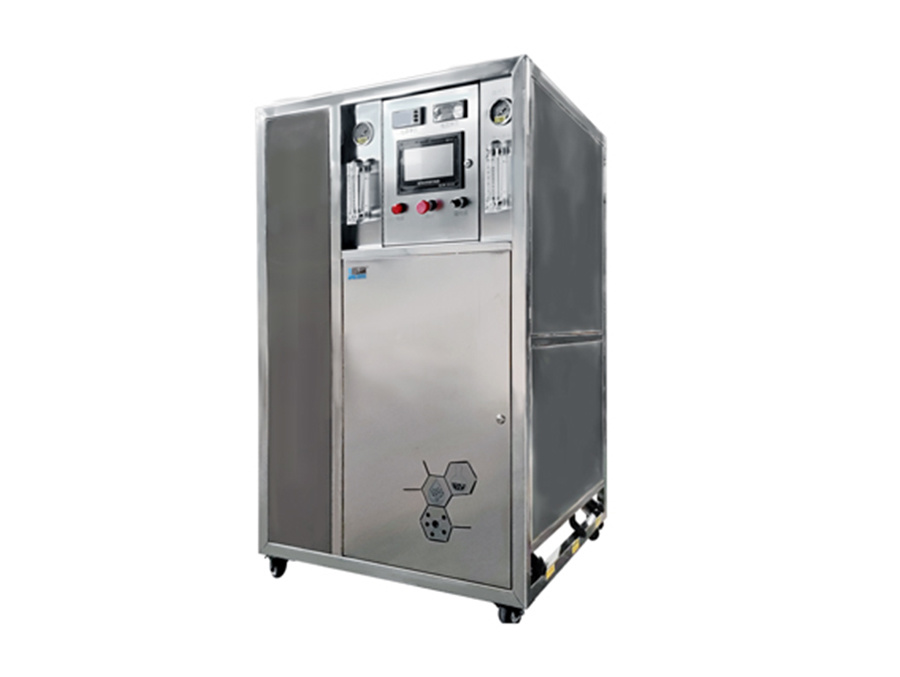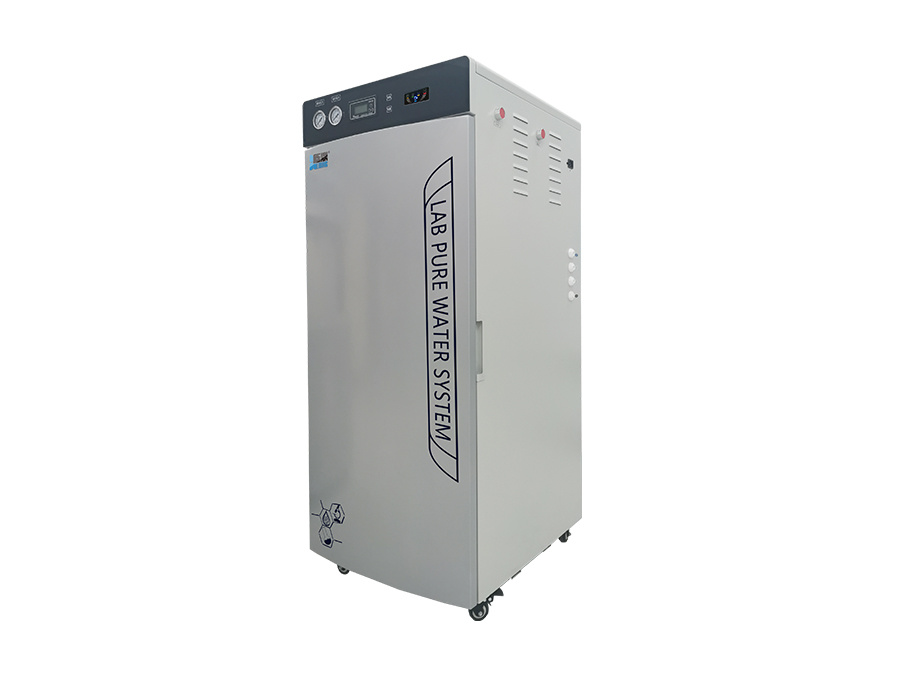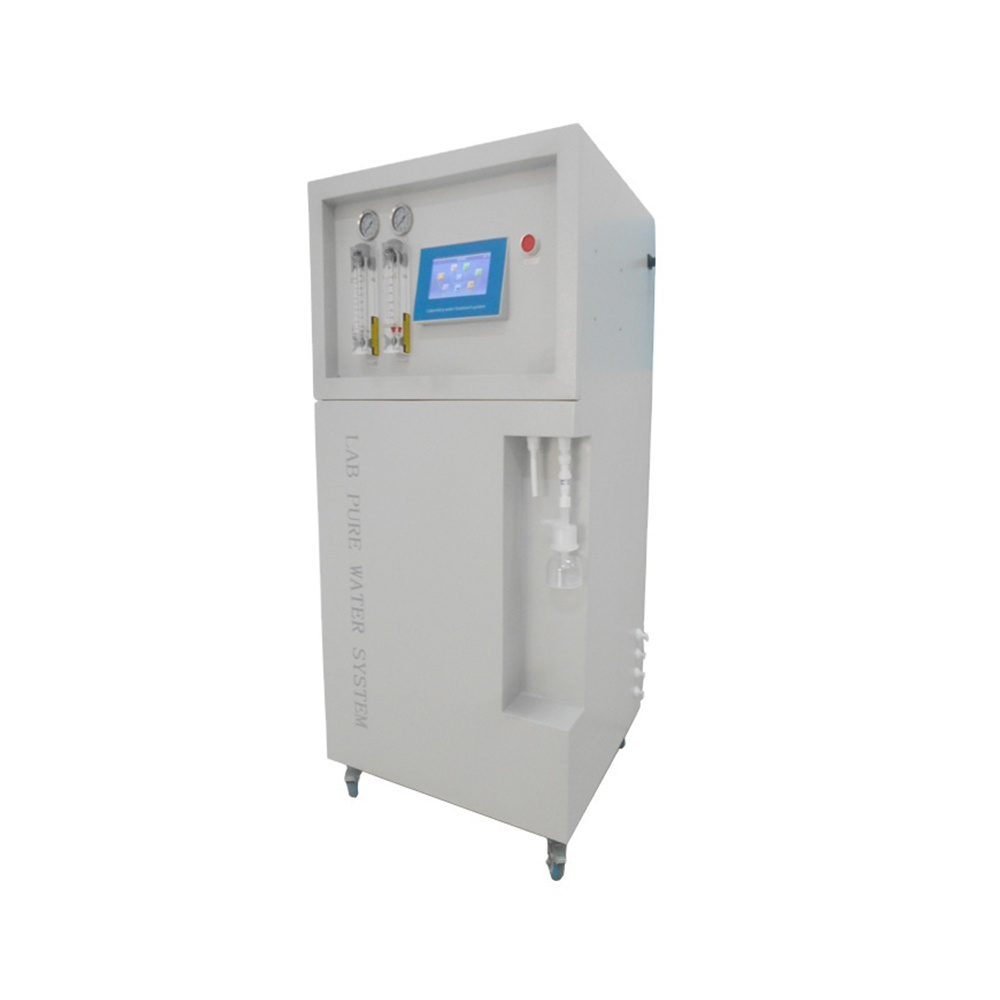Ultra Pure Water Purifiers: A Game-Changer for Water Treatment
Time:
Oct 23,2025
Ultra Pure Water Purifiers: A Game-Changer for Water Treatment
Table of Contents
- 1. Understanding Ultra Pure Water Purification
- 2. The Importance of Ultra Pure Water in Various Industries
- 3. How Ultra Pure Water Purifiers Work
- 4. Technological Advancements in Water Purification
- 5. Advantages of Ultra Pure Water Purifiers
- 6. Applications of Ultra Pure Water Across Industries
- 7. Maintenance and Care for Ultra Pure Water Systems
- 8. Future Trends in Water Treatment Technology
- 9. FAQs About Ultra Pure Water Purification
- 10. Conclusion
1. Understanding Ultra Pure Water Purification
Ultra pure water purification is a vital process that removes nearly all contaminants from water, resulting in the highest level of purity achievable. This process is essential for applications where the presence of even minute impurities can result in significant consequences. **Ultra pure water** (UPW) is defined as water that contains less than 10 parts per billion of impurities, making it ideal for industries such as pharmaceuticals, electronics, and food production.
The ultra pure water purification process utilizes various advanced filtration technologies, including reverse osmosis, deionization, and ultraviolet (UV) sterilization, to achieve the required purity levels. Each method plays a crucial role in removing distinct types of contaminants, ensuring that the water meets strict industry standards.
2. The Importance of Ultra Pure Water in Various Industries
The significance of ultra pure water extends across multiple sectors, each relying on its purity for different purposes.
2.1 Pharmaceutical Industry
In the pharmaceutical industry, ultra pure water serves as a critical ingredient in the manufacturing of medications and vaccines. Using UPW minimizes the risk of contamination, ensuring the safety and efficacy of pharmaceutical products.
2.2 Electronics Manufacturing
The electronics industry requires ultra pure water for the manufacturing of semiconductors and other delicate components. The presence of impurities can lead to defects that compromise the performance and reliability of electronic devices.
2.3 Food and Beverage Sector
In the food and beverage industry, ultra pure water is used in the production process, ensuring that the final products meet safety standards. This is particularly important in processes like brewing and bottling, where water quality directly affects flavor and safety.
3. How Ultra Pure Water Purifiers Work
Ultra pure water purifiers employ a combination of technologies to achieve the desired level of purity. Understanding these processes is essential for selecting the right system for specific applications.
3.1 Reverse Osmosis (RO)
Reverse osmosis is a widely used method that forces water through a semi-permeable membrane, effectively removing dissolved solids, bacteria, and other contaminants. This process is known for its efficiency in producing high-quality water.
3.2 Deionization (DI)
Deionization removes ionic impurities from water, utilizing ion exchange resins to replace harmful ions with harmless ones. This method is particularly effective in reducing total dissolved solids (TDS) in water.
3.3 Ultraviolet (UV) Sterilization
UV sterilization employs ultraviolet light to eliminate microorganisms, ensuring that the water is free from pathogens. This method is often used in conjunction with other purification techniques to enhance overall water quality.
4. Technological Advancements in Water Purification
Recent advancements in water purification technology have paved the way for more efficient and effective ultra pure water systems. Innovations include:
4.1 Smart Water Purification Systems
Smart purification systems equipped with IoT technology allow for real-time monitoring of water quality, ensuring consistent purity levels. These systems can alert users to potential issues, enabling proactive maintenance.
4.2 Energy-Efficient Technologies
The development of energy-efficient purification technologies reduces operational costs and environmental impact. New filtration membranes and energy recovery systems contribute to more sustainable water treatment processes.
4.3 Modular Systems
Modular ultra pure water systems allow for scalability, enabling businesses to expand their purification capacity as needed. This flexibility is particularly beneficial for industries with variable water demand.
5. Advantages of Ultra Pure Water Purifiers
Investing in ultra pure water purifiers yields numerous benefits for businesses and industries.
5.1 Enhanced Product Quality
Using ultra pure water ensures that products meet stringent quality standards, reducing the risk of defects and contamination. This is particularly crucial in high-stakes industries like pharmaceuticals and electronics.
5.2 Regulatory Compliance
Many industries face strict regulations regarding water quality. Ultra pure water purifiers help businesses comply with these regulations, preventing costly fines and legal issues.
5.3 Cost-Effectiveness
While the initial investment in ultra pure water systems may be substantial, the long-term savings in product quality and lower rejection rates make them a cost-effective solution for businesses.
6. Applications of Ultra Pure Water Across Industries
The versatility of ultra pure water purifiers extends across various applications, highlighting their importance in diverse sectors.
6.1 Laboratory Use
In laboratories, ultra pure water is essential for experiments and analyses. The presence of contaminants can skew results, making ultra pure water a necessity for accurate scientific research.
6.2 Medical Facilities
Hospitals and medical facilities utilize ultra pure water for various applications, including sterilization processes and the preparation of pharmaceuticals. Ensuring water purity is paramount for patient safety.
6.3 Industrial Manufacturing
In industrial manufacturing, ultra pure water is used in processes such as cooling, cleaning, and rinsing equipment to maintain operational efficiency and product quality.
7. Maintenance and Care for Ultra Pure Water Systems
To ensure optimal performance and longevity of ultra pure water systems, regular maintenance and care are crucial.
7.1 Routine Monitoring
Regular monitoring of water quality and system performance helps identify potential issues before they escalate. This proactive approach ensures that the purification process remains effective.
7.2 Filter Replacement
Filters and membranes should be replaced according to the manufacturer's recommendations. Neglecting this step can lead to decreased purification efficiency and compromised water quality.
7.3 Professional Servicing
Engaging professional servicing for your ultra pure water system can help maintain optimal performance. These experts can conduct comprehensive checks and repairs as needed.
8. Future Trends in Water Treatment Technology
As water scarcity and quality issues become more pressing, the future of water treatment technology looks promising. Emerging trends include:
8.1 Sustainable Practices
The focus on sustainability is driving innovations in water treatment technology, leading to practices that minimize waste and energy consumption while maximizing efficiency.
8.2 Advanced Filtration Technologies
The development of advanced filtration technologies, such as nanofiltration and membrane distillation, promises to enhance the efficiency and effectiveness of ultra pure water systems.
8.3 Increased Automation
Automation in water treatment processes is set to improve operational efficiency and reduce the potential for human error. Smart systems will become increasingly common, allowing for seamless operation and monitoring.
9. FAQs About Ultra Pure Water Purification
9.1 What is ultra pure water?
Ultra pure water is water that has been treated to remove nearly all contaminants, achieving a purity level of less than 10 parts per billion.
9.2 How are ultra pure water purifiers beneficial for my business?
These purifiers enhance product quality, ensure regulatory compliance, and can be cost-effective in the long run due to reduced waste and improved efficiency.
9.3 What industries require ultra pure water?
Industries such as pharmaceuticals, electronics, food and beverage, laboratories, and medical facilities require ultra pure water for various applications.
9.4 How often should I maintain my ultra pure water system?
Routine maintenance should be conducted regularly, with filters and membranes replaced according to manufacturer recommendations, typically every 6 to 12 months.
9.5 What are the common technologies used in ultra pure water purification?
Common technologies include reverse osmosis, deionization, and ultraviolet sterilization, often used in combination for maximum effectiveness.
10. Conclusion
Ultra pure water purifiers represent a significant advancement in water treatment technology, critical for ensuring product quality and regulatory compliance across various industries. With ongoing technological innovations and a growing emphasis on sustainability, these systems are not only enhancing the quality of water but also paving the way for a more efficient and responsible approach to water management. Investing in ultra pure water purification is therefore not just a choice; it is a necessity for businesses aiming to thrive in today's competitive landscape. By understanding the benefits and applications of ultra pure water systems, industries can make informed decisions that positively impact their operations and contribute to a sustainable future.
RELATED NEWS








